
I had just finished bushwhacking about a mile through the underbrush, wading through a freezing-cold stream, and scrambling over rock faces to reach “The Grottos” — a formation of pools and crashing waterfalls where the Roaring Fork River had carved intricate formations deep into the bedrock. Even though my wife and I had taken an adventurous route to get here from our campsite, when we arrived at the Grottos, we found ourselves surrounded by selfie stick-wielding tourists in white Nikes, khaki shorts, and yoga pants. While this should have been expected due to this short day hike’s proximity to Aspen, after our rough-and-tumble approach and several nights spent sleeping in the mountains, the culture shock was still a bit stunning.
However, I hadn’t slogged all this way just to look at the water. We had already been on a van trip for a week and a half and had only taken one shower in that time. I wanted to get in the water.
After scoping out the pools, I found a nice little rock ledge to jump off into the churning whitewash below one of the waterfalls. I wove my way through the crowds of tourists snapping photos of their ugly mugs and launched myself off the ledge and into the water. The shock of the frigid mountain stream almost took my breath away, but I forced myself to stay under and savor the refreshing vitality brought on by the cold. As I broke out of the churning river, I heard screams of both shock and awe from the crowd of tourists that someone would be so brave as to jump into the water. (For all I know, there may have been signs at the official trailhead warning people not to do what I just did, but I cannot confirm or deny as we hadn’t arrived via the common path.)
After a few laps up and off the cliff, a couple of other people stepped down to the water’s edge and dipped their toes in, instantly pulling back from the shock of the bitter cold.
This frigid plunge was just one of many during our two-week trip, and just one example of the delights of embracing my inner primal nature. The second week of our trip was true vacation time, which allowed us to cut away as many trappings of civilization as possible.
The Starlink was off, and all of our campsites were buried deep in canyons or high on mountainsides with nary a trace of cell service. We swam in freezing cold rivers, cut our own deadfall firewood, slogged through rainstorms, and generally embraced our wild side. Of course, we pedaled many rugged mountain bike rides and climbed a few mountains along the way, too.

We’re currently in the midst of a comfort crisis, and it’s slowly killing us all.
“We are living progressively sheltered, sterile, temperature-controlled, overfed, underchallenged, safety-netted lives,” wrote Michael Easter in his book, The Comfort Crisis.
All we human animals can truly claim, compared to our non-Homo cousins, are more sophisticated means of communication and problem-solving skills (albeit perhaps not nearly as sophisticated as we’d like to imagine). But while we haven’t evolved all that much in recent eons, we’ve moved far from our primal roots. This extreme disconnection from our prehistoric past, when we spent our lives immersed in the natural world, has removed almost all of the challenge from our daily lives. Removing this challenge, which we evolved to handle, is destroying our bodies, minds, and souls.
It’s killing us all.
As Easter wrote, “the data shows that the majority of us are living a greater proportion of our years in ill health, propped up by medications and machines. Life span might be up. But health span is down.”
“Thirty-two percent of Americans are overweight and 38 percent are obese,” he continues. “Eight percent of the latter classify as ‘extremely obese.’ That makes a collective 70 percent of us too heavy. Nearly a third of us now have diabetes or prediabetes. More than 40 million Americans have mobility problems that hinder them from getting from point A to B. Heart disease kills a quarter of us. These are all medical issues that were essentially nonexistent until the twentieth century.”
Unfortunately, I don’t have space to recreate Easter’s entire argument here. For more on the many ways beyond mere physical health that the comfort crisis is hurting us, you’ll have to read his entire book.

By riding our mountain bikes, we give our wild side a chance to run free.
Intuitively, as mountain bikers, most of us feel the disconnection from our primal roots — which is often why we took up mountain biking in the first place. The act of riding a bicycle through the forest is itself a return to a less constrained version of ourselves — some would say a childlike version of ourselves in which we fully embrace the wonder and thrill of speed through nature.
I would argue that this childlike wonder is itself untamed and a little bit wild. As we grow up, we slowly accept responsibilities that park us in front of a computer screen for over 40 hours per week — responsibilities and a way of life that most of us never imagined as children. As we age and become responsible, we only become more and more disconnected from our true natures.
Riding mountain bikes is a fantastic way to let our wild side roam free in a socially acceptable way. During what other activity can you emerge from the dark canopy of the forest, covered from head-to-toe in sweat and mud, having just spent hours pushing your body to its limit against the travails of the natural world? Over the past few hours you likely encountered mud-slicked roots, rocks and ledges that are difficult to hike up, much less ride a bicycle down, steep climbs and descents that sent your heart rate through the roof.
Yes, riding a mountain bike is pretty primal.

But you can get used to just about anything.
Unfortunately, it’s easy to grow accustomed to just about anything in our lives, to the point that what once challenged us no longer pushes us to the wild side any longer. Just because we’re mountain bikers doesn’t mean we’ve fully eschewed the ties that bind us to civilization. I’ve been riding mountain bikes for almost 20 years, and that accumulation of skill and familiarity means that my average after-work ride doesn’t really push my boundaries anymore. It doesn’t let me embrace my less-evolved side any more than usual.
This is exactly why this recent getaway was so valuable.
I was able to push outside my comfort zone and let my wild side out for a week. We were able to get away from the house, the pressures of schedules and modernity, and revel in the mountains and forests of central Colorado.
My efforts to be a little less tame are one of the reasons that I have enjoyed footsporting so much in recent years. The mechanical advantages of a mountain bike are, in many ways, yet another example of modern comfort that makes our lives easier. (And don’t get me started on what the proliferation of e-bike motors means.)
Setting aside the mechanical advantage of a bike and lacing up the shoes puts me into a much more primal state, especially if I’m preparing to tackle a true challenge like climbing one of Colorado’s soaring summits. On this trip, I enjoyed the pleasure-through-challenge of climbing 13,711-foot Twining Peak — my first reasonable peak climb of the year as I work to rehab from a few injuries incurred over the winter.
Last year, I pushed myself on the peak climbing front, climbing at least one peak per week during summer 2023. I ended up with 16 different peaks plus three repeats for a total of 19.
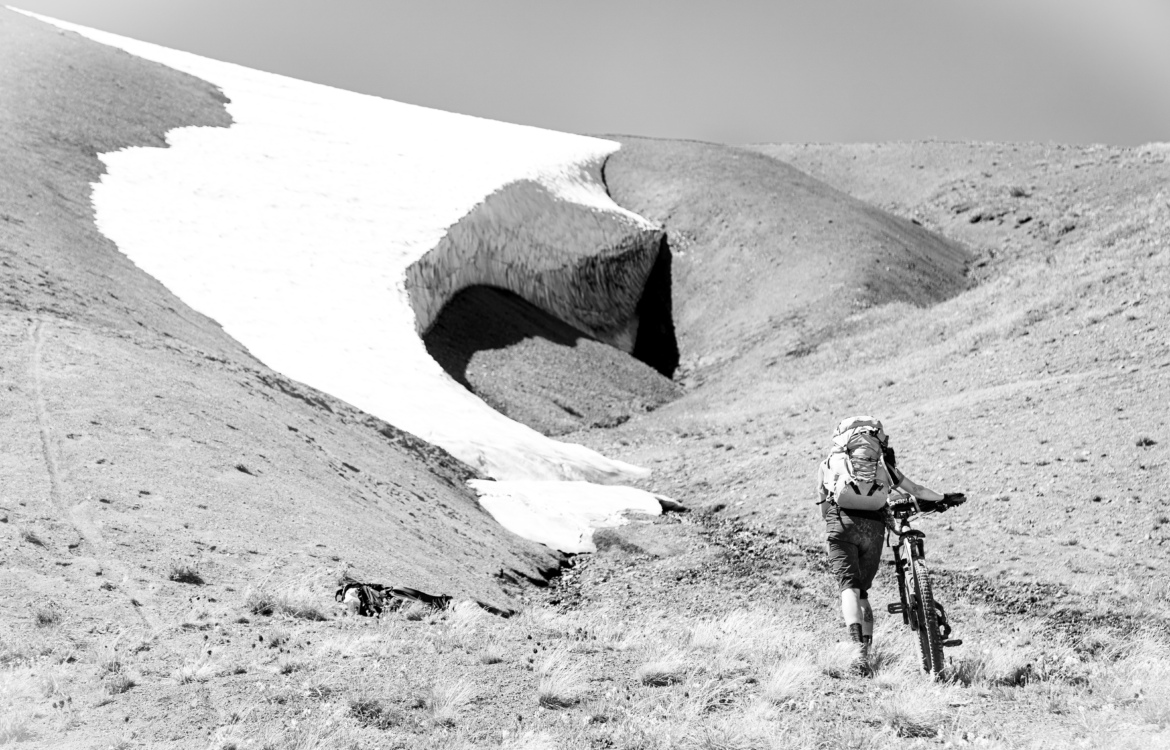
Being a little more wild is a sliding scale.
Look, going on a two-week van trip filled with peak climbs, river plunges, and mountain bike rides is only embracing your wild side if you live in a house. When my wife and I were full-time #vanlifers for two years, this would just have been business as usual.
But mountain biking offers tons of opportunities to be a bit more wild. Embracing your primal nature through mountain biking could look like a bikepacking trip deep into the heart of one of British Columbia’s wildest mountain ranges, similar to the one that Gerow recently took. But Gerow was only out in the backcountry for three nights. What about bikepacking the Colorado Trail, or the Great Divide Mountain Bike Route, or pedaling around the world?
The point is that there’s always a bigger adventure. Being a little less tame and embracing your primal nature isn’t about comparing yourself to other people, even if the crowds with the selfie sticks make it easy to do so. Instead, it’s about being a little more wild than you used to be.
But then, once you’ve realized that your baseline has been reset by the increased challenge, you have to choose to go a little bit further the next time.
And then a little bit further after that.
So go ahead and let your wild side run free — embrace your primal nature. You’ll feel better once you have.














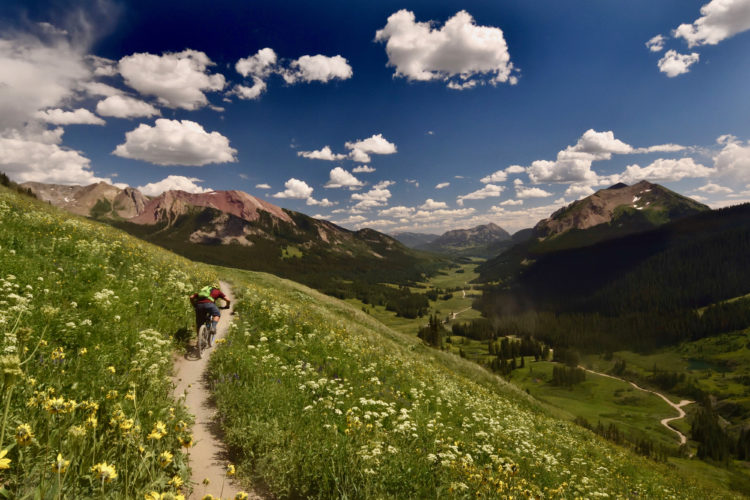
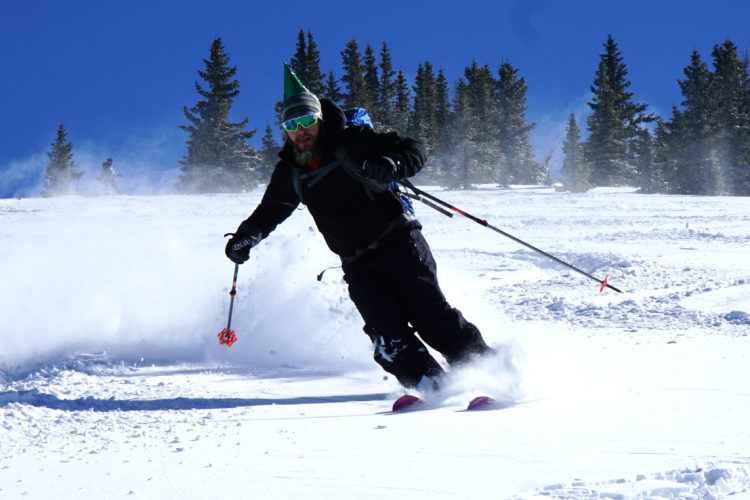
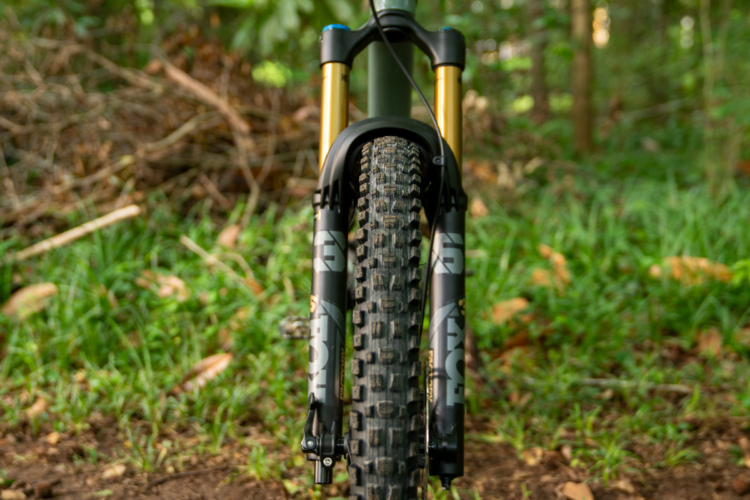
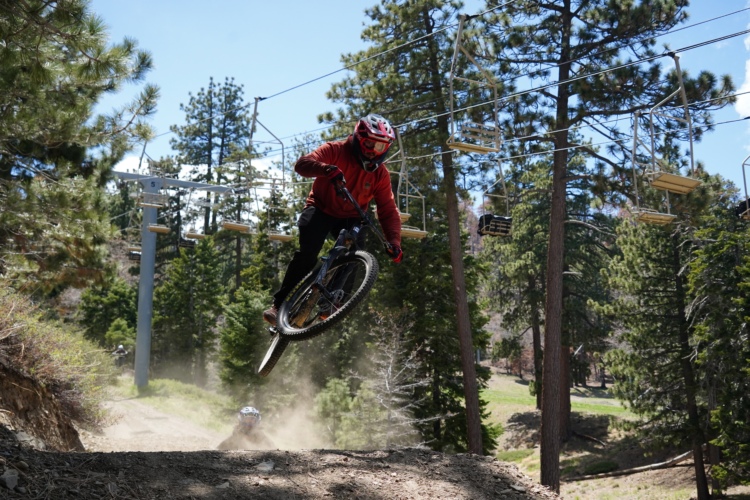
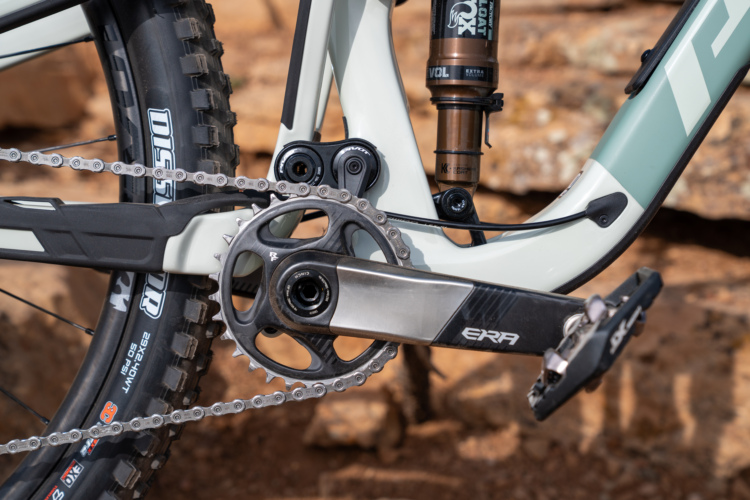
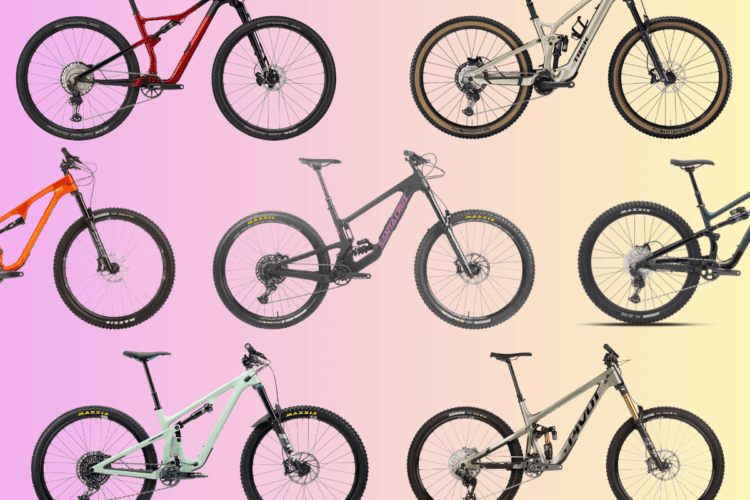

6 Comments
Aug 28, 2024
Nov 6, 2024
Aug 29, 2024
Getting into the true wild is tough on a regular basis but I agree with you it's critical to do it as much as possibly
Aug 28, 2024
Aug 29, 2024
What you say is so true! I've watched the demise of what is thought to be original MTBing. I began in 1985. Bought my first bike the following year to assuage a nasty divorce. Since then, I have enjoyed where it can take me. Thank God (Although I am an agnostic) I am retired and spend the majority of each week riding in an area where there are few others coming out of the Greater Bay area. With 200+ miles of single and double track I feel I can get lost and find myself in the largest state forest in CA. This is my home, where one can truly experience being wild all day every day...
Aug 28, 2024